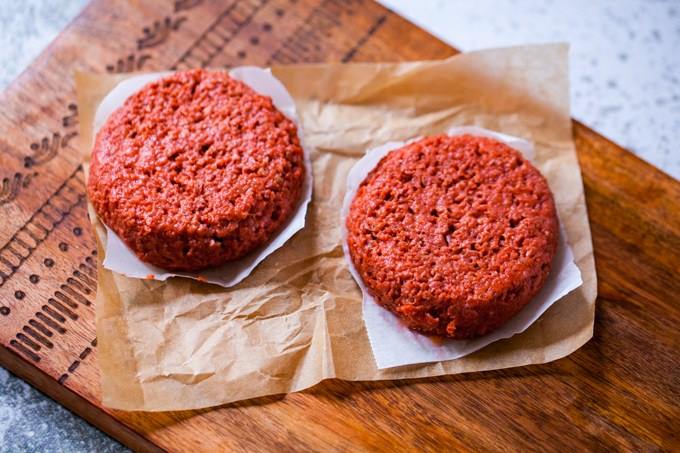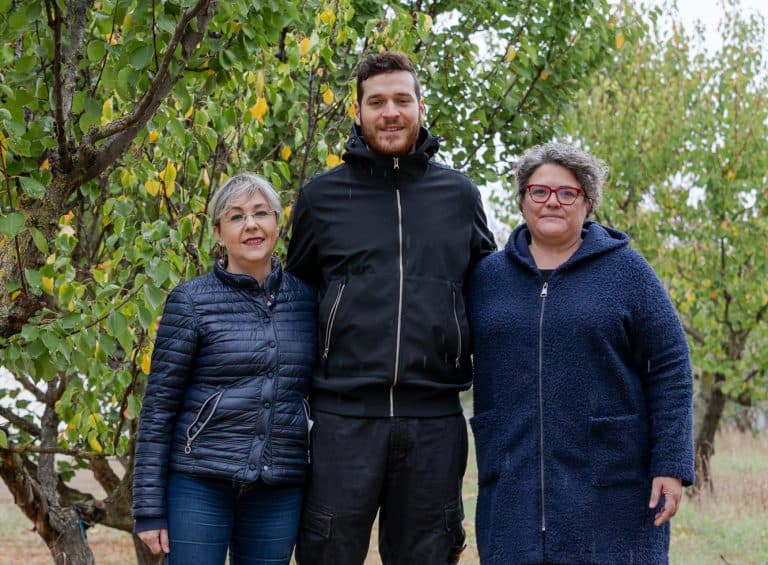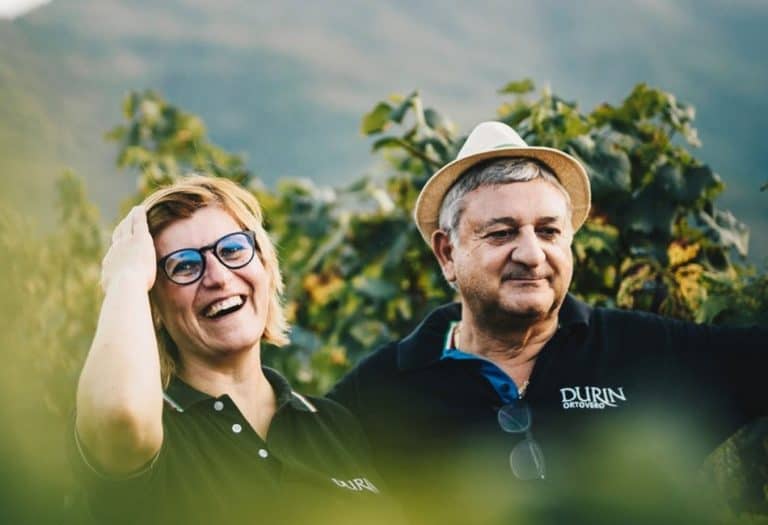Greater attention is being increasingly paid to the vegan world, and not just with fake meat products, recently landed in Italy as well: it seems that the food trend of the future is focused on a more conscious and responsible consumption. Little meat, lots of vegetables, lots of alternatives to dairy products: international buyers and experts from Whole Foods Market, US food company purchased by Amazon in 2017, reveal in advance what the food trends of 2020 will be.
Food trends for 2020
Regenerative agriculture. We've talked about it several times, with an in-depth study of the biointensive method and an investigation in the September issue on young people in agriculture. Land management practices designed to preserve the soil and reduce CO2 emissions: this is the agricultural goal for 2020. A new cultivation model to improve biodiversity and contribute to the fight against global warming.
Alternative flours. It seems that consumers are increasingly looking for flours that differ from the traditional ones: green light, therefore, for teff flour, banana flour, cauliflower or tigernut, a tuber originating in Spain.
West African flavours. Moringa, tamarind, sorghum, fonio, teff, millet: these are just some of the basic products of West African cuisine. A gastronomy that's starting to intrigue chefs and enthusiasts, and that we will probably find more and more of among local menus.
Vegan snacks. The vegan diet has been raging for years now. But there's a new awareness now: in addition to vegetarians and vegans, in fact, there are many consumers who choose not to abandon meat entirely, but to rather minimize their consumption. Less and of better quality. Responsible for this are also widespread intolerances such as in regards to lactose, so sweet vegan snacks, such as granola bars, are also increasing, soon available in a fresh version for the fridge, with fruit and seeds.
Vegetable-based dairy and eggs. More vegan food, but not only based on soy: many companies are trying to imitate the texture of yogurt, cheese and eggs through other ingredients such as avocado, hemp, watermelon and pumpkin.
Vegan butter. Butter made from pumpkin seeds, nuts, cashews, almonds, chickpeas, watermelon seeds or tahini sauce. Ingredients that can be transformed into spreadable sauces perfect with bread for breakfast or to use in preparations.
Children’s meals. Kids’ menus are expanding trying to meet the needs of the consumers of the future, experimenting with food and overcoming the classic concept of "children's" dishes. In short, no more pasta with tomato sauce and schnitzel, but rather fermented foods, spicy flavours, pasta made with alternative flours and quality organic meat. Taste education starts at a young age.
Alternative sugars. Not restricted to flours, but also different sugars: fruit syrup reductions such as from pomegranates, coconut and dates can be ideal solutions to add a little sweetness in recipes. To replace honey or molasses, there's syrup made from sorghum starch or sweet potato.
Meat substitutes. Impossible Burgers, Beyond Meat... fake meat, a vegetable-based meat substitute, was one of the most discussed topics of 2019, especially following the arrival of Beyond Meat in Italy. And it seems that even in 2020 we will hear more about it.
Mocktails. Non-alcoholic cocktails are the current fashion in bars: sophisticated drinks designed to recreate mixology classics without alcohol, so that they can be enjoyed even by those who follow a particular regime or do not like the intense taste of spirits.
by Michela Becchi



 The gourmet warehouse in the United States promoting high-quality Italian food
The gourmet warehouse in the United States promoting high-quality Italian food In Liguria, there’s a historic winery producing the best Vermentino in the Region with the best value-for-money
In Liguria, there’s a historic winery producing the best Vermentino in the Region with the best value-for-money "Behind the champagnes of small producers lie the great cooperatives." An unfiltered interview with Bruno Paillard
"Behind the champagnes of small producers lie the great cooperatives." An unfiltered interview with Bruno Paillard From Champagne to Lambrusco, the future of wine belongs to sparkling wines
From Champagne to Lambrusco, the future of wine belongs to sparkling wines






